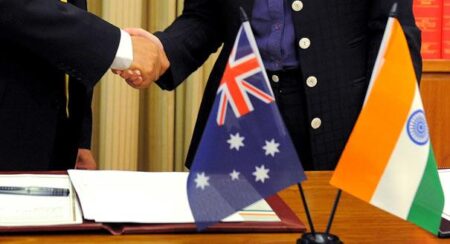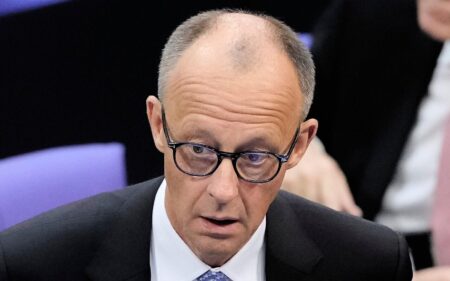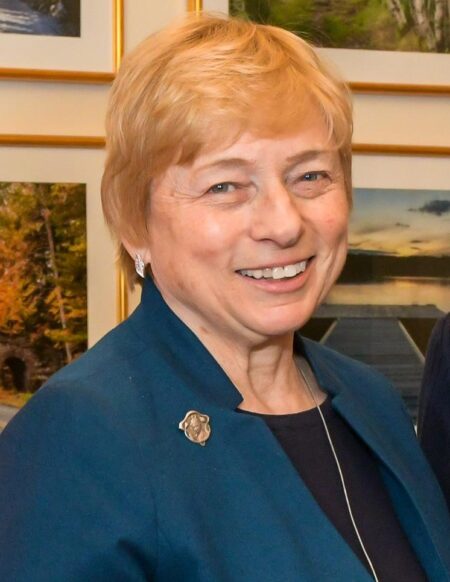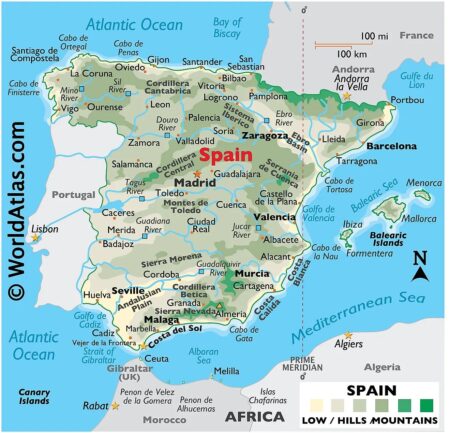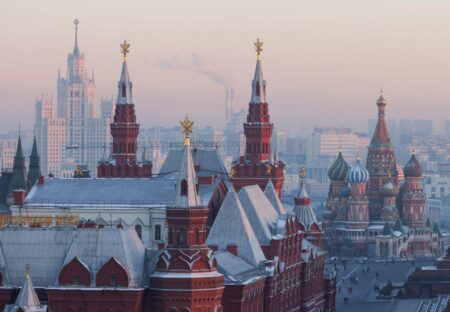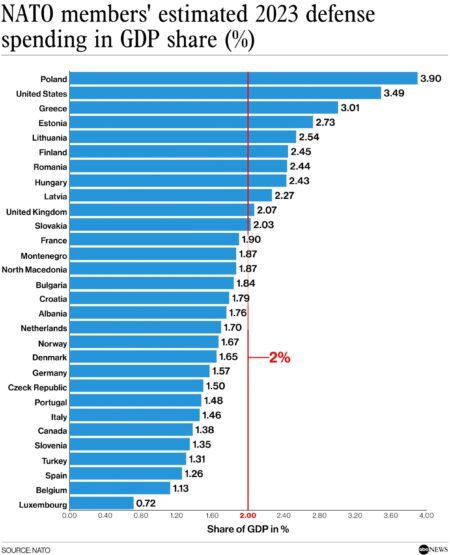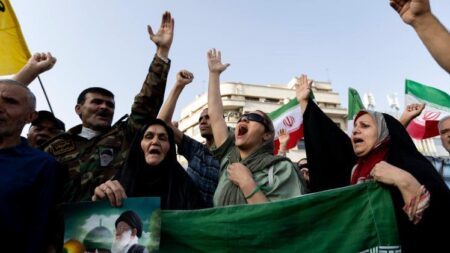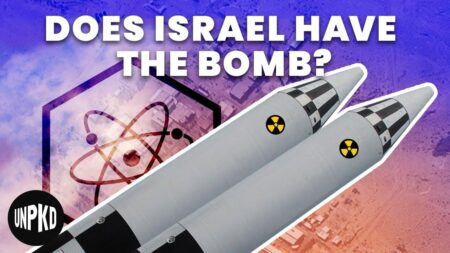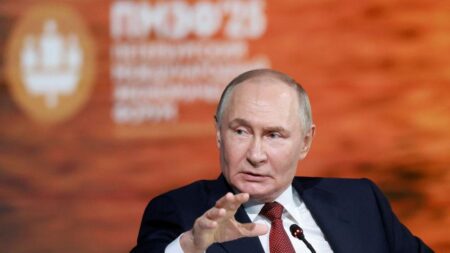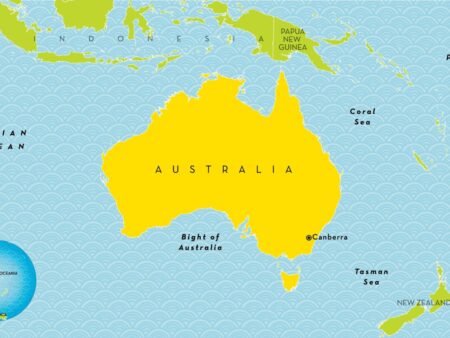NATO and Australia have strengthened their alliance through enhanced defense cooperation and dynamic joint exercises, showcasing their shared dedication to maintaining security in the Indo-Pacific amid rising geopolitical challenges
Browsing: international relations
Japan has lodged a formal protest against China’s recent construction efforts in the East China Sea, sparking heightened concerns over sovereignty and regional stability, The Japan Times reports. With territorial disputes escalating, tensions across the region continue to mount without any sign of relief
In a breathtaking late Thursday night twist, Chancellor Merz made a dramatic U-turn on Donald Trump, unveiling a bold new vision for Germany’s political strategy. This surprising move caught allies off guard and marked a pivotal moment in transatlantic relations
Gov. Janet Mills presses forward with her Canada tour this Wednesday, strengthening cross-border ties and fueling economic momentum. Her visit highlights vibrant partnerships in trade, environmental efforts, and regional security
Ukrainian President Zelensky has unveiled critical evidence showing Russia’s preparations for military actions in Europe, raising urgent alarms about the stability and security of the region, The Kyiv Independent reports
India-born B-2 engineer’s past espionage case resurfaces as the US intensifies stealth bomber missions targeting Iran. This developing story reignites concerns over security and heightens geopolitical tensions, reports the Times of India
Spain is set to disrupt the upcoming NATO summit by opposing the alliance’s 5% defense spending target. This bold move highlights growing rifts over financial commitments amid rising security challenges, Reuters reports
Amid escalating tensions between Israel and Iran, Russia is seizing the moment to deepen its strategic influence in the Middle East. This developing conflict presents Moscow with a rare chance to solidify its alliance with Tehran and position itself as a key power broker in the region
Germany faces mounting pressure to boost its NATO defense spending to 5% of GDP. This ambitious move aims to strengthen the alliance’s readiness, yet it raises concerns about possible economic challenges amid an uncertain global environment, CNBC reports
President Javier Milei boldly declared Iran “an enemy of Argentina” amid rising tensions, spotlighting deep concerns over security and regional power struggles. This striking statement marks a dramatic turn in Buenos Aires’ diplomatic stance, reports the Buenos Aires Times
Lithuanian Defense Minister strongly rejected any exemption for Spain from the 5% NATO spending target, emphasizing that every member must fully uphold their commitments. This stance underscores NATO’s unwavering determination to ensure all allies meet unified defense budget goals
A US think-tank report reveals China’s swift expansion of influence over key ports across Latin America, raising strategic alarms amid escalating competition with the United States, Financial Times reports
The EU ramps up financial pressure on Russia with bold new sanctions aimed at vital sectors, determined to cripple Moscow’s war machine in Ukraine. Officials emphasize that “peace through strength” remains the essential path to a lasting resolution
The UK has boldly risen to meet NATO’s ambitious new 5 percent defense spending target, demonstrating a strong commitment to boosting military funding amid growing security challenges. This move underscores the increasing pressure on alliance members to elevate their defense budgets and reinforce collective security
France’s minister has boldly accused Iran of using drug traffickers as pawns to spark unrest across the nation. This powerful claim highlights rising tensions as authorities investigate the shadowy role of illicit networks in driving instability
An in-depth analysis reveals the astonishing methods Israel used to conceal the full scope of its nuclear weapons program from the United States, raising critical questions about transparency and trust between these longtime allies
The collapse of AUKUS opens the door to an exciting new era for Australia, offering a rare chance to completely transform its defense and technology strategies. Experts are confident this game-changing shift will spark innovation and strengthen Australia’s independence throughout the Indo-Pacific region
Russian President Vladimir Putin assured Israel that there is no evidence Iran is pursuing nuclear weapons, Sky News Arabia reported, citing Reuters. His statement aims to ease regional tensions amid rising worries about Iran’s nuclear ambitions
Tensions skyrocket as the US launches airstrikes in Iran, sparking fears of a potential military draft. Experts warn that this escalating conflict could unleash a wave of troop mobilization amid mounting geopolitical turmoil
Australian PM Albanese stands firmly behind the US strikes on Iran, underscoring that the military action was a unilateral decision. He highlights Australia’s unwavering alliance with the US while making it clear that Australia is not directly involved

